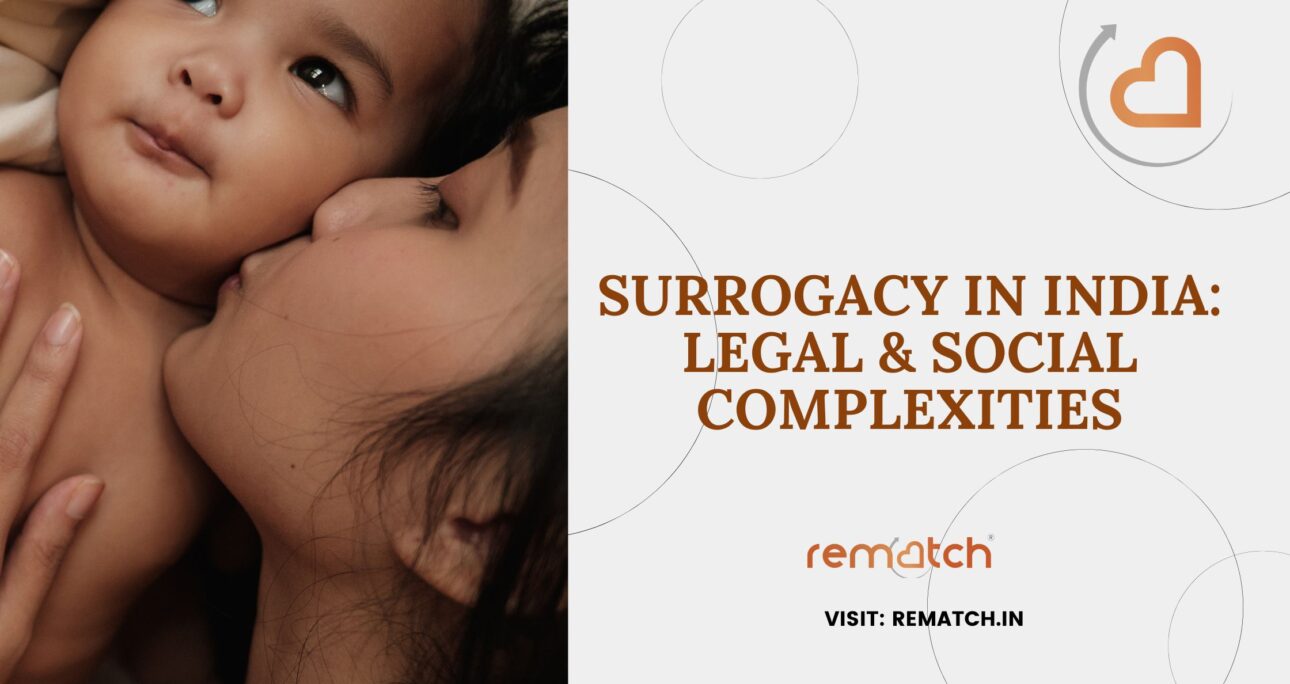Surrogacy in India is a complex process that involves a woman carrying a pregnancy for another individual or a couple. It is a popular option for couples struggling with infertility or same-sex couples who want to start a family. There is nothing bad about this concept, however, India does not accept this a lot. In India, this has become widespread, but it is not without its legal, ethical, and social issues. In this blog post, we’ll explore the complexities of this nature.
We all know how parenting in India has changed over the years. Despite many medical advancements, sometimes bearing a child becomes difficult. This is when couples seek help.
What are the complexities connected to Surrogacy in India?
Legal Issues with Surrogacy
Surrogacy in India is legal but regulated by the Indian Council of Medical Research (ICMR) and the Ministry of Home Affairs. However, the laws surrounding surrogacy in India are complex and have undergone many changes over the years.
In 2015, the Indian government passed the Surrogacy (Regulation) Bill prohibiting commercial surrogacy. This means that a woman should not receive payment for carrying a pregnancy to someone else. Only altruistic surrogacy is permissible when the surrogate is a close relative of the intended parents. However, the bill has yet to be implemented, and commercial surrogacy is part of Indian culture for a long time.
Are you looking for surrogacy? Know the aspects of surrogacy before you go for this.
Ethical complexities with surrogacy in India
One of the main ethical issues surrounding surrogacy is the exploitation of women. Many women in India, especially those from lower socio-economic backgrounds, become surrogates to earn money for their families. However, they may not fully understand the risks involved in surrogacy. Sometimes, a lot of compulsion to surrogate goes into the process.
Another ethical issue is the potential for the commodification of children. In commercial surrogacy, the child is a product that is bought and sold. This can lead to a lack of emotional attachment between the child and the intended parents, which can have negative psychological consequences.

Social complexities
Surrogacy is most often a taboo in many places in India. Furthermore, there is a lack of awareness and education about the process. Many people in India view surrogacy as a violation of cultural and religious norms, which can lead to the social stigmatization of the surrogate mother and the intended parents.
Moreover, this is not accessible to everyone. The high cost of the procedure makes it unaffordable for many people, and the lack of regulation means that the quality of care provided to the surrogate mother and the child may not be up to international standards.
Thinking about Surrogacy in India?
More than just having a child, this is one process that involves legal, ethical, and social considerations. While it provides a way for couples struggling with infertility or same-sex couples to start a family, it can also lead to the exploitation of women and the commodification of children. Policymakers must regulate that surrogacy can protect the rights of the surrogate mother and the child. Educational programs can implement awareness to address the social stigma associated with surrogacy. By addressing these issues, we can ensure that surrogacy in India is a safe and ethical practice that benefits everyone involved



